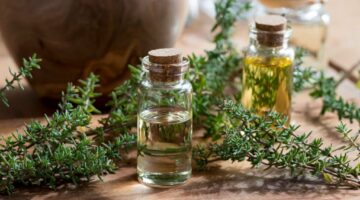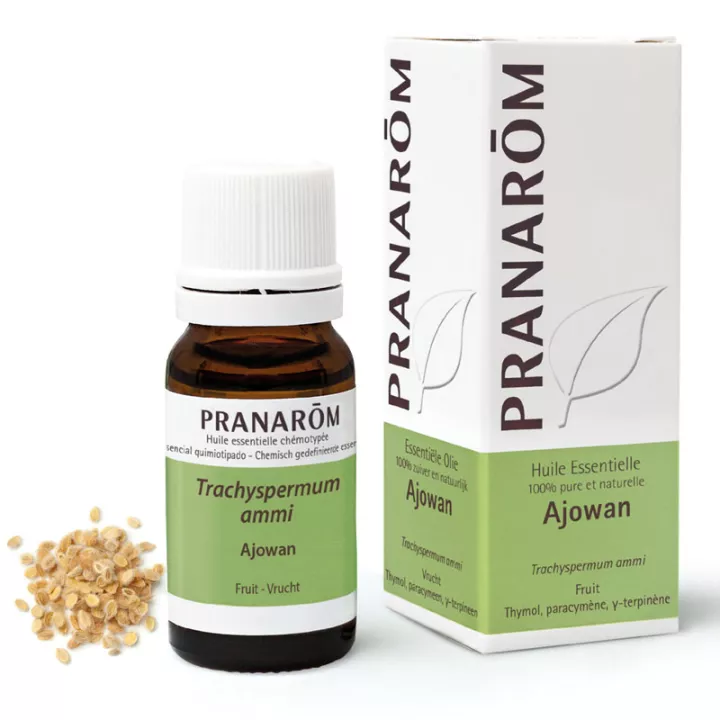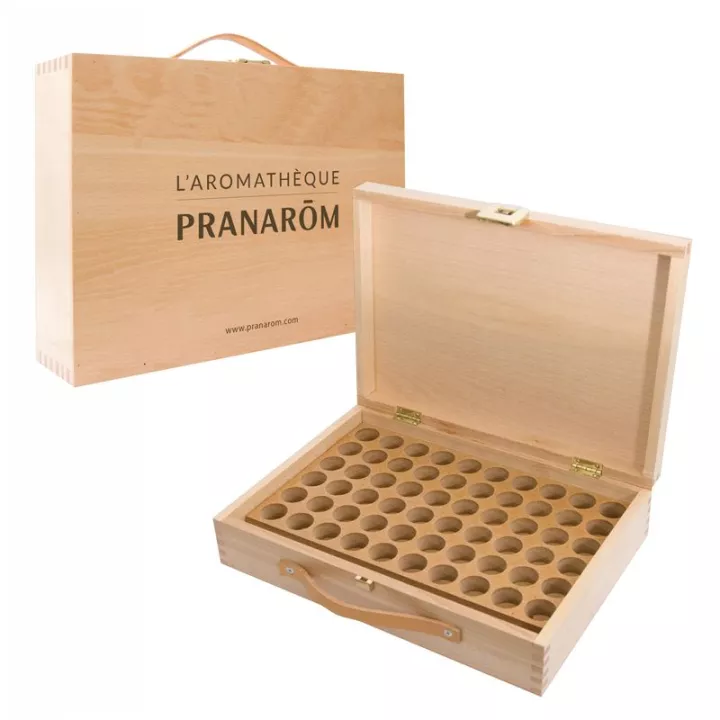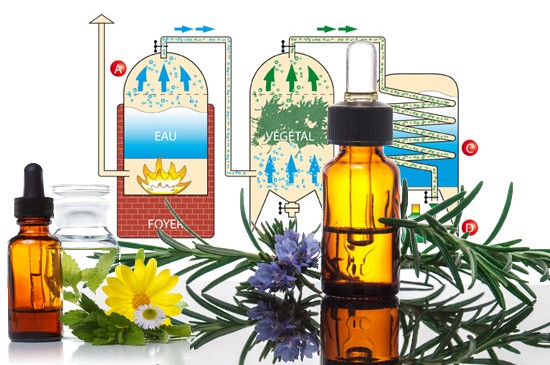What is Phytosun Aroms Organic Thyme Essential Oil used for?
Savory Thyme essential oil is used to combat general exhaustion. It is highly effective in preventing and treating winter ailments.
- Anti-infectious, antibacterial, antiviral, antifungal
- Immune stimulant
- Liver stimulant and regenerator
- Blood activator, circulatory, warming
- Neurotonic, balancing, nervous harmonizer
Thyme is used in the following therapeutic indications:
- Respiratory and ENT infections: nasopharyngitis, angina, bronchitis, sinusitis, otitis, rhinitis, flu
- Oral infections: aphta, herpes, gingivitis, stomatitis, tonsillitis
- Gynecological infections: endometritis, cervicitis, salpingitis, venereal condyle, herpes
- Urinary tract infections: cystitis, vulvitis, vaginitis, urethritis, prostatitis
- Liver failure: viral hepatitis, cirrhosis, etc.
- Dermatological disorders: mycosis, dermatitis, wounds, etc.
- Arthritis, tendonitis, osteoarthritis, neuromuscular disorders
- Nervous disorders: nervous asthenia (fatigue), depression, nervous disorders
- Cold extremities (fingers, feet...)
This essential oil is rich in active compounds, principally thujanol, carvacrol, linalool, thymol and terpinen-4-ol. These components give it antibacterial, antifungal, antiviral and immune-stimulating properties.
- Respiratory health: Organic Thyme Thuyanol essential oil is effective for relieving respiratory ailments such as coughs, colds, sinusitis and bronchitis. It works by clearing the respiratory tract and fighting the pathogens responsible for infections.
- Immune system: Thanks to its immune-boosting properties, it strengthens the body's natural defenses, helping to prevent infections and speed up the healing process.
- Digestive well-being: In the event of digestive disorders such as bloating, intestinal spasms or gastrointestinal infections, this essential oil can be used for its antispasmodic and antiseptic properties.
- Skin care: diluted in a vegetable oil, it can be applied locally to treat skin infections such as acne, eczema or mycosis, thanks to its antifungal and antibacterial properties.
The aromatherapy laboratory Pranarom also offersBenzoin essential oil at the best price in our online pharmacy.
How to use this essential oil
By mouth: **** By skin: **** Diffusion: not recommended
Internal use: 3 times daily, 2 drops of Thyme thujanol essential oil mixed with honey or olive oil, placed on a sugar cube or directly under the tongue.
Thyme essential oil can be applied to mucous membranes (does not contain phenols).
External use: Mix 3 drops of Thyme à thujanol essential oil with 4 drops of hazelnut vegetable oil and massage into the solar plexus twice a day.
or 2 drops of pure CTEO of Thyme à thujanol 3 times a day on the area to be treated until marked improvement.
If you're temporarily unavailable, consider Origanum majorana.
Precautions for use with Thyme essential oil
- This product is not a substitute for a balanced diet.
- Do not exceed recommended dosage
- Unless directed by a physician or pharmacist, do not use during pregnancy or breastfeeding, or on children under 3 years of age.
- Store away from heat and light.
- Skin irritation (dermocaustic) possible in pure form
What does it contain?
Botanical name: Thymus vulgaris CT thujanol
Family: Lamiaceae
Producing organ: Flowering aerial parts
Biochemical characteristics: trans thujan-4-ol, sabinene, cis thujan-4-ol, 4-terpineol, Y-terpinene
Production method: Complete steam distillation
Origin: France
Quality: 100% pure, natural and integral, certified H.E.B.B.D.
Notes on the availability of Thujanol Thyme essential oil
Thyme is a plant whose annual production is too low to meet demand. Thujanol marjoram essential oil, as its name suggests, has a chemical composition very similar to that of thujanol thyme essential oil. Both contain a high proportion of a sesquiterpenol known for its powerful anti-infectious action: thujanol. The essential oil of marjoram/thujanol can therefore easily replace that of thujanol thyme in aromatherapy formulas treating ENT or muscular disorders.
It is a small, bushy woody that can reach 40 cm in height. It has small, curved leaves with dark green edges, covered with hairs and trichomes. Thyme is an aromatic plant that perfectly illustrates the value of classifying essential oils by chemotype, since depending on where it grows, the climate and many other factors, thyme produces essential oils with different properties. The chemical polymorphism of Thymus vulgaris was initiated by Granger et al. in 1963. Between 1971 and 1986, Passet, Granger and Vernet et al. identified six thyme chemotypes: geraniol, α-terpineol, thuyanol, linalool, carvacrol and thymol.






